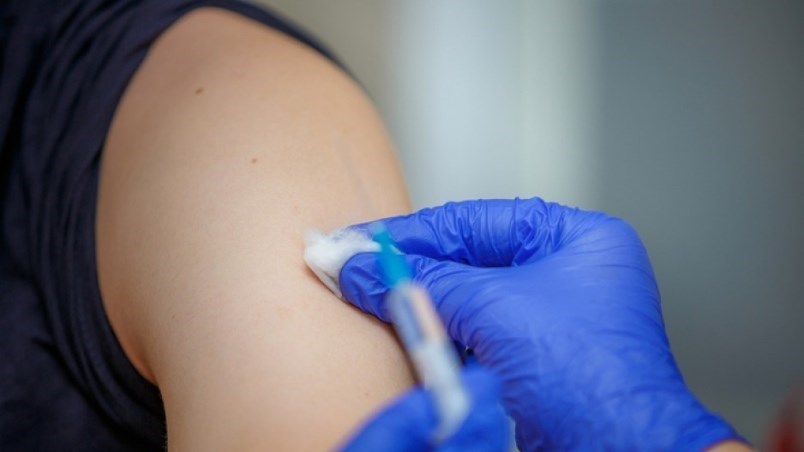The season of deadly respiratory viruses is here. While some people suffer minor inconveniences from respiratory infections, others can experience life-threatening events. Respiratory viruses like influenza, COVID-19 and respiratory syncytial virus (RSV) are more prevalent in the months from fall to spring and can have very serious consequences for the very young, the elderly, and those with underlying medical conditions.
Fortunately, we have safe and effective vaccines for influenza, COVID-19 and RSV. We also have a good vaccine supply and an effective distribution system in our country. Influenza and COVID-19 vaccines are free in all provinces and territories, and public coverage of RSV vaccines is available for high-risk groups in certain areas. Yet, only 42 per cent of Canadians received the influenza vaccine last season and 39 per cent received the COVID-19 vaccine. Why are vaccine uptake rates so low?
Convenience, complacency and conspiracy are a few readily apparent reasons. If obtaining seasonal vaccines does not conveniently fit into one’s work day, or requires travel and effort, it may not get done. With the darkest days of the COVID-19 pandemic behind us, believing that it is no longer necessary to protect ourselves from respiratory viruses may also lead to not getting vaccinated. And with rampant misinformation on social media, many people are deterred by unfounded conspiracy theories and fail to take action to protect themselves and their loved ones.
But there is another very important reason for low vaccine uptake – trust or lack thereof. To get our shots every fall, we have to trust that the vaccines are safe and will not cause dangerous side-effects. We need to remember that vaccine approval requires stringent methods to prove safety and to monitor for ongoing ill-effects. Next, there needs to be trust that the vaccines will work and be effective in preventing the infections that they are designed to ward off. Again, the requirements for vaccine developers to demonstrate vaccine efficacy is a high bar that must be met to get approval in Canada.
Trust between individuals and health professionals who recommend and administer vaccines may be the most important kind of trust for protecting the public against vaccine preventable diseases and deaths. Leaders at all levels of government also have a role to play in encouraging the public to get their seasonal vaccines as do religious, social and cultural leaders who have earned the trust and confidence of their communities. Vaccine uptake is also higher when there is trust in the institutions that are recommending the vaccines such as the World Health Organization or the Public Health Agency of Canada.
Finally, we don’t want to shun those who have strong anti-vaccine convictions. Building trust through engagement with respected religious or cultural leaders from these communities can go a long way to improving health outcomes and building trust. And when we trust each other, we remember that we are still all in this together.
-Vamini Selvanandan is a family physician and public health practitioner in Alberta. For more articles like this, visit www.engagedcitizen.ca.




